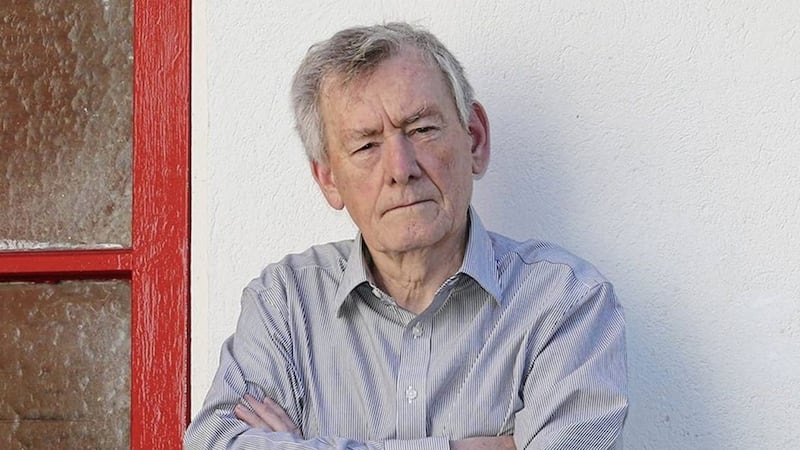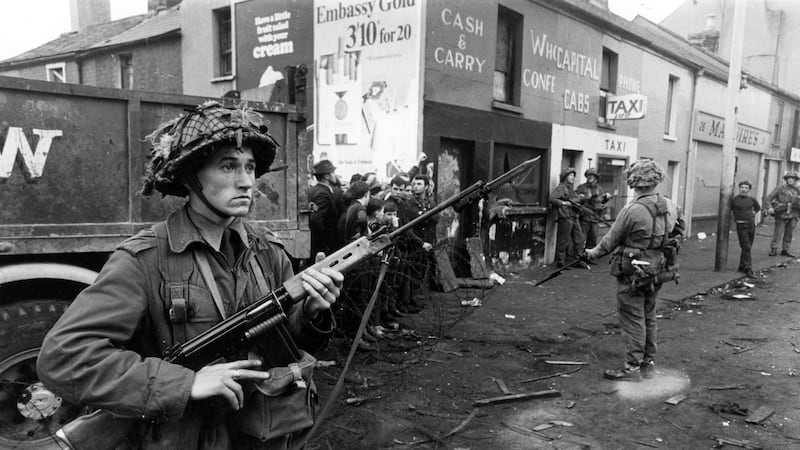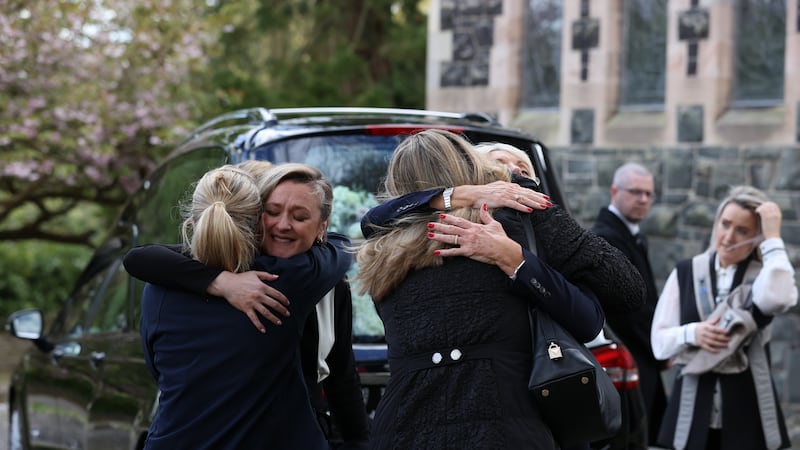‘When the guns begin to rattle and the men to die, does the goddess of the battle smile or sigh?’
There has been rattling, in public and in the undergrowth, in the last few weeks. Dissident republicans continue their intermittent and sorry attacks on police and drug addicts while being cited as a future threat to any new infrastructure on the border as a result of Brexit.
Loyalist violence has been confined to internal disputes while being fingered by commentators as a threat to any suggestion of an all island economy. In our case, after the learning of forty and more years, a sigh is hardly strong enough from the goddess of the battle.
Leaving aside the moral aspects of such issues, there is cause to examine the practicalities of these realities. Or as spokespersons for paramilitaries like to say: to offer political analysis.
Since the dissidents continue their war, it is easier to point out the anomaly of their violence. They are like people trying to set fire to a forest that has already been burned out. There might be the odd whiff of a flame but there is not the material or the elements to create a blaze. Meanwhile, in the world outside their narrow patch, there are stirrings of revolt and disobedience to an extent that serious politicians are predicting that the introduction of a hard border or a no deal is certain to accelerate a united Ireland. Given our history and the fear within the population of another forest fire, the one thing that is sure to dampen down those stirrings is the presence and the violent acts of a paramilitary organisation. The paradox is that the presence of the most virulent proponents of a united Ireland are now the greatest obstacle to its achievement.
The continued existence of loyalist paramilitaries is, in itself, bizarre. There are men still being described or describing themselves as brigadiers and, in some communities, the structures of such organisations are still being accepted as the norm. Leaving that aside, we are being told that the loyalist communities are so fearful of an all- Ireland economy that it will result in wide-spread protests, including probable violence from the paramilitaries. The question here is, violence against whom or what?
Fundamental to politically motivated violence is the defining of the enemy and what will most disrupt or disturb that enemy. In this case it is very hard to identify a target. It can’t be the proposed structures along the border because it would be hard to know if those structures would be good or bad for unionism. Anyway, loyalist paramilitaries have little presence along the border; that is predominately nationalist territory.
It can’t be the police or the army because they have little to do with this issue. It could be nationalists, but it would be hard to know who was a committed Remainer and who a Leaver. This would be further complicated by the number of people in the loyalist community who would disagree with Brexit, even if they don’t shout it from the rooftops. If the checks ended up at the ports rather than on land, it would be in the realms of absurdity for loyalist paramilitaries to attack Belfast and Larne docks.
There are many who bemoan the death and the leadership of men such as David Ervine, Martin McGuinness, Gusty Spence who transformed themselves and others from the ways of violence to the ways of politics. That transformation arose from experience and insight to the limitations and even futility of violence. There must surely be men among the present batch of paramilitaries who can read the signs of the times.
The next few years will see politics tested to the limits as it tries to sort out the totality of relationships on these two islands. Violence, from any source, will be an irrelevance in that task.









